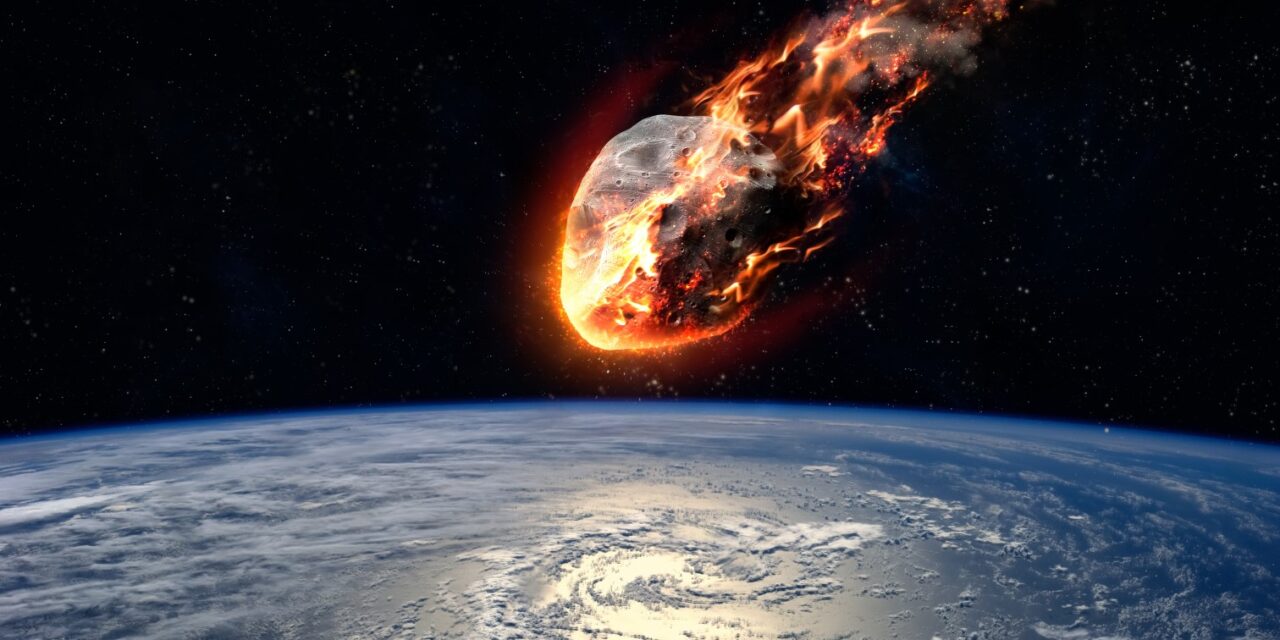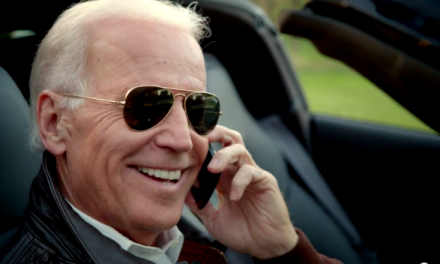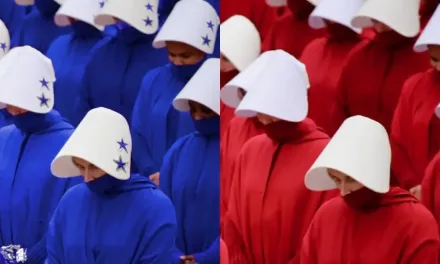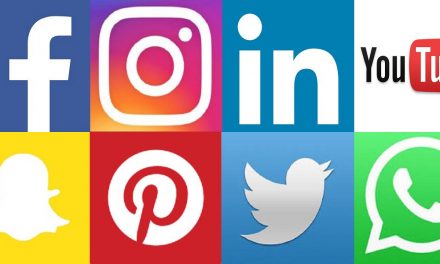If a meteor was about to hit the earth in under two weeks, at least we’d know. We wouldn’t need the editorial boards of the Washington Post and the Los Angeles Times to tell is that this is a bad thing. During the presidency of Donald Trump, the Washington Post placed a permanent box on their front page that reads: “Democracy Dies in Darkness,” but it could also die in a giant civilization-ending fireball, too. Or it could dies because billionaires who own our media are too afraid of the coming fascist regime to stand up to before it comes to power.
The Los Angeles Times is owned by the extremely impressive Patrick Soon-Shiong, who is a brilliant medical researcher and businessman. The Washington Post is owned by Jeff Bezos, the founder of Amazon. Their respective editorial boards both wanted to endorse Kamala Harris and Tim Walz but were thwarted by their owners.
I don’t actually think this will have any discernible effect on the outcome of the election, although in a close election, who knows? What makes it worth discussing is simply the motivation. Dr. Soon-Shiong says “the Editorial Board was provided the opportunity to draft a factual analysis of all the POSITIVE AND NEGATIVE policies by EACH candidate during their tenures at the White House, and how these policies affected the nation” and that “instead of adopting this path as suggested, the Editorial Board chose to remain silent and I accepted their decision.”
By way of history, the L.A. Times was a Republican-endorsing paper from its founding until Watergate. Thereafter, it stopped endorsing in presidential races until 2008, when it backed Barack Obama. It has endorsed the Democrat in every presidential election since. The Washington Post has endorsed the Democrat in every presidential cycle over the last 36 years. The last time they abstained was in 1988. Prior to that, they endorsed Carter and Mondale.
There used to be a real split in how newspapers endorsed between Republicans and Democrats, but that ended in 2016, when almost no editorial boards endorsed Trump, including papers like the Chicago Tribune that had endorsed Republicans for more than century. In fact, the Florida Times-Union and the Las Vegas Review-Journal are the only papers I see on this comprehensive list that backed Trump in 2016. Three boards refused to back Hillary Clinton, but took a “not Trump” position. This collective nationwide, non-ideological or partisan rejection of Trump was unprecedented, but it has certainly been vindicated. In 2020, the results were largely the same, although Trump gathered a handful of new endorsements from outlets like the New York Post, Toledo Blade, and Boston Herald.
One obvious reason for a newspaper not to endorse an opponent of Trump is if it will alienate its readership. But that didn’t prevent many papers (e.g., the San Diego Union-Tribune, Columbus Dispatch, and Omaha World-Herald) with heavily conservative readerships from endorsing Hillary and Biden, or at least saying “not Trump”(e.g. the Fort Worth Star-Telegram). Some papers with an uninterrupted pattern of endorsing GOP presidential candidates, like the Tulsa World and Albuquerque Journal, simply sat out the 2016 and 2020 elections.
The point is, there has been widespread willingness by editorial boards of every stripe during the Trump Era to oppose Trumpism irrespective of risk. But now, suddenly, two major newspapers are cowering. And the Washington Post and Los Angeles Times did not have to worry that their readers would cancel their subscriptions if they endorsed Harris and Walz. In fact, they have to worry that subscriptions will be lost because they didn’t.
Of course, both Bezos and Soon-Shiong know their papers’ respective editorial boards don’t have much prospect of changing votes in places like Green Bay or Grand Rapids, where the election will be decided. And neither of them are considered Republicans or Republican ideologues. Bezos is on the record as being pleased with Biden’s victory in 2020. So, no, their reticence can’t be explained by partisan preference. And it’s highly doubtful that they took these decisions for some perceived financial benefits from Trump’s proposals, which most economists ridicule. Rather, the clear explanation is that they want to avoid punishment from a second Trump administration. In Bezos’ case this could include the Trump administration using antitrust powers to go after Amazon or, if he loses, Republicans in Congress not defending Amazon from antitrust measures brought by a Harris administration.
There are reasons Bezos and Soon-Shiong might be less than thrilled with the prospect of a Harris presidency, and that’s true of everyone in their income bracket, but my strong guess is that both will vote for her. They’re not allowing their papers to endorse her to protect their businesses from retribution. But the same considerations are present for all the other paper owners.
This is an early sign of fascism. The fascists don’t have to actually be in power to chill the free press. The mere prospect of that meteor hitting is enough to start the process.






